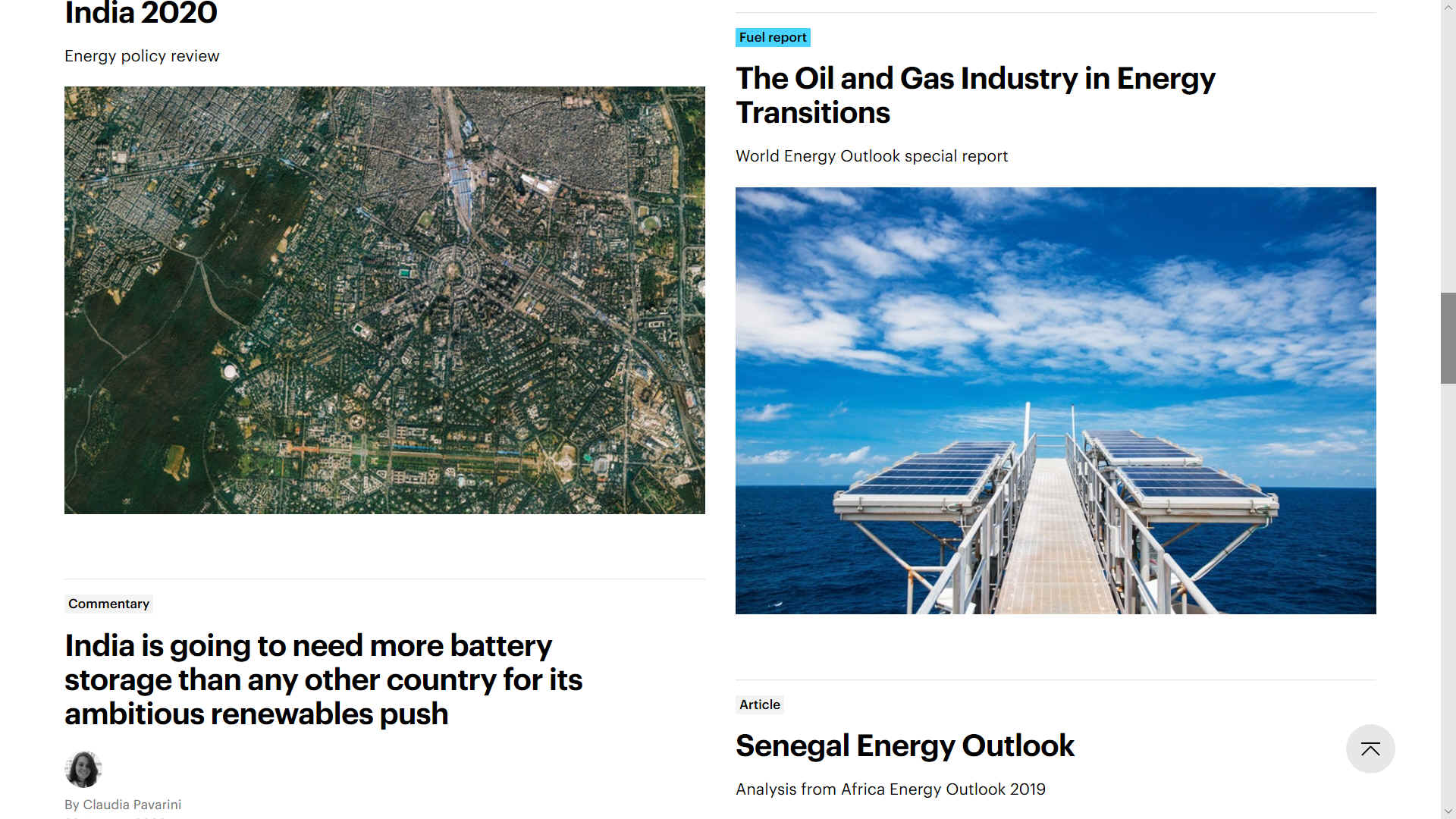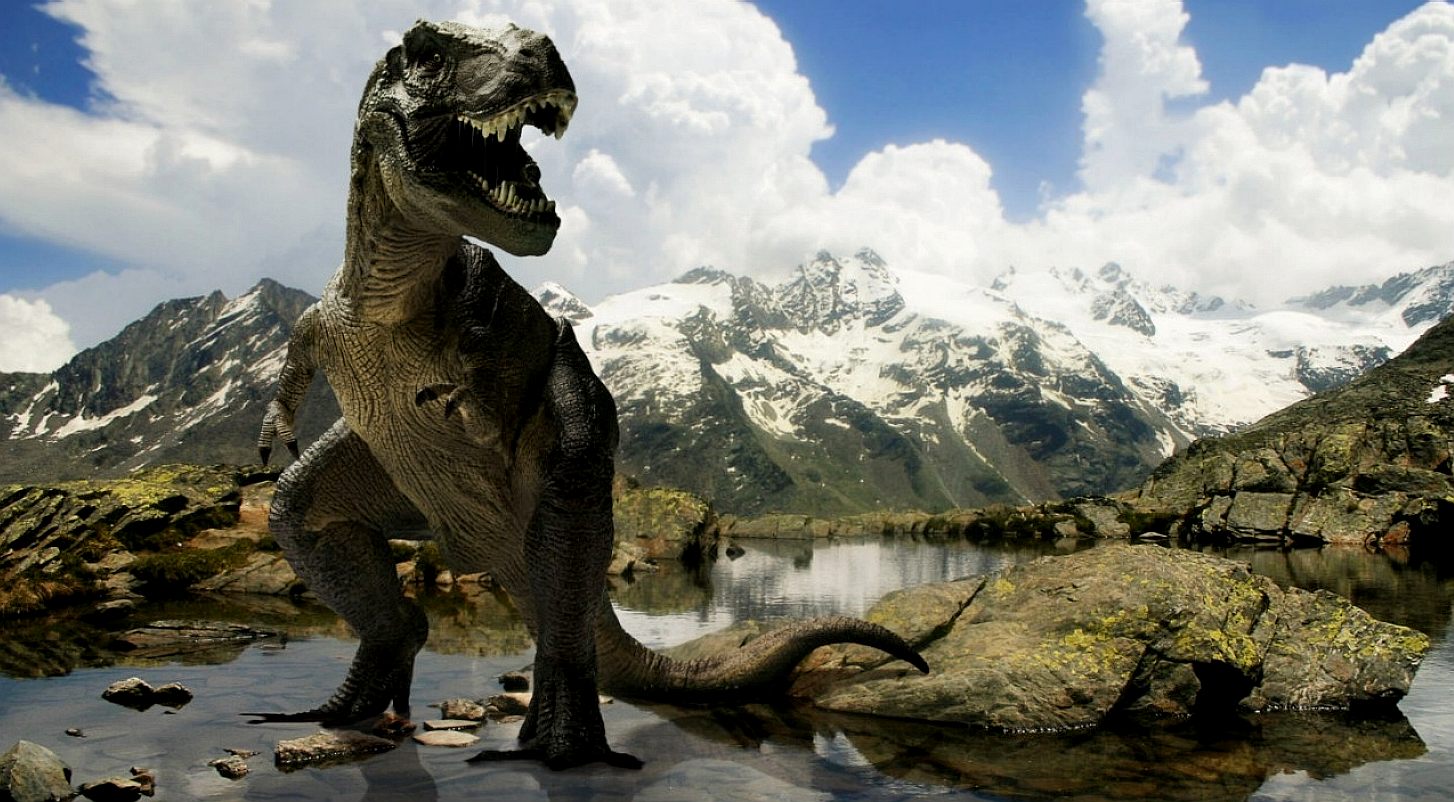|
IEA - INTERNATIONAL ENERGY AGENCY
Please use our A-Z INDEX to navigate this site
IEA - Renewable power needs to expand significantly to meet the IEA Sustainable Development Scenario share of half of generation by 2030. In 2018, renewable electricity generation rose 7%, with wind and solar PV technologies together accounting for 60% of this increase. Although the share of renewables in global electricity generation reached 26% in 2018, renewable power as a whole still needs to expand significantly to meet the Sustainable Development Scenario share of half of generation by 2030. This requires the rate of annual capacity additions to accelerate; however, renewable capacity growth stalled in 2018 for the first time since 2001.
Ministers and high-level representatives from COP host countries met at the International Energy Agency on Wednesday to review ways the energy sector can meet climate and other sustainability goals.
The speakers included Kwasi Kwarteng, the Minister for Business, Energy and Clean Growth of the United Kingdom, which holds the Presidency of the upcoming COP26 this year; Michał Kurtyka, Poland's Minister of Climate and President of COP24; and Joan Groizard Payeras, Director-General of the Energy Agency at the Ministry for the Ecological Transition of Spain, which hosted the COP25.
Held at the IEA headquarters in Paris under the Agency’s “Big Ideas” speaker series, the conference was attended by Ambassadors and senior representatives from about 50 countries, industry executives, and representatives from financial and international organizations.
The conference took place a day after the IEA announced that global carbon emissions had stopped growing last year, defying common expectations that they would increase in 2019. The news provided a positive backdrop for the discussions, which were chaired by Dr Fatih Birol, the IEA's Executive Director.
As part of its mandate as the leading global energy organization, the IEA is focusing on both energy security and global clean energy transitions, helping governments steer the energy sector towards international climate targets in a secure, sustainable and affordable manner. In his opening remarks, Dr Birol pointed out that the energy sector accounts for most of the global carbon emissions, and has a key role to play in global energy transitions.
“Without solving the challenge of the energy sector, we have no chance of solving our climate challenge,” Dr Birol said in his opening remarks. “We want 2019 to be remembered as the year of peaking global emissions and the 2020s as the decade of the decline in emissions. And the energy sector is ready to be part of the solution.”
As part of its commitment to bridging the gap between the energy sector and the climate goals, the Agency announced it would hold the IEA Clean Energy Transitions Summit on 9 July in Paris. This ministerial-level event will bring together key government ministers, CEOs, investors and other major stakeholders from around the world with the aim of accelerating the pace of change through ambitious and real world solutions.
The immediate aim will be to focus on concrete actions to reverse the growth in carbon emissions this decade, focusing on all the fuels and existing technologies that can help achieve that goal rapidly.
To support these objectives, the IEA will publish two major studies ahead of the summit. The first will be a World Energy Outlook Special Report that will map out how to cut global energy-related carbon emissions by one-third by 2030. The second will be the newest Energy Technology Perspectives report, which will focus on an energy sector pathway for reaching net-zero emissions, looking in detail into all technology opportunities that could help to reduce emissions in hard to abate sectors.
“The debate around climate change is sometimes too heated and there is too much tension between the energy community and the climate change community,” said Dr Birol. “We think this debate needs to be taken in a cool-headed manner. This calls for a grand coalition that brings together all the stakeholders that have a genuine commitment to reducing emissions – governments, industry, financial institutions, international organizations and civil society. Without this grand coalition, it will be very difficult to address this challenge.”
ABOUT THE IEA
The International Energy Agency is an international energy forum comprised of 29 industrialized countries under the Organization for Economic Development and Cooperation (OECD).
The IEA was established in 1974, in the wake of the 1973-1974 oil crisis, to help its members respond to major oil supply disruptions, a role it continues to fulfill today. IEA’s mandate has expanded over time to include tracking and analyzing global key energy trends, promoting sound energy policy, and fostering multinational energy technology cooperation.
As the global energy picture has changed, the IEA has sought to engage key non-members in its activities, including Brazil, China, India, Indonesia, South Africa, Thailand, Singapore, Morocco and accession countries Mexico and Chile. The IEA’s energy analyses, international data collection, and coordinated collective emergency response capabilities are unique and highly regarded.
SIX STEPS TOWARD A COOLER PLANET
1. TRANSPORT: Phase out polluting vehicles. Governments aims to end the sale of new petrol, and diesel vehicles by 2040 but have no infrastructure plan to support such ambition. Marine transport can be carbon neutral.
2. RENEWABLES: Renewable energy should replace carbon-based fuels (coal, oil and gas) in our electricity, heating and transport.
3. HOUSING: On site micro or macro generation is the best option, starting with new build homes.
4. AGRICULTURE: We need trees to absorb carbon emissions from a growing population, flying, and to build new homes. Reducing food waste and promoting less energy intensive eating habits such as no meat Mondays.
5. INDUSTRY: Factories should be aiming for solar heating and onsite renewable energy generation.
6. POLITICS: - National governing bodies need to adopt rules to eliminate administrative wastages, to include scaling down spending on war machines, educating the public and supporting sustainable social policies that mesh with other cultures. National administrations need to adjust their policies to support 1 - 5 above and work towards sustainable economics to create a circular world economy.
LINKS & REFERENCE
https://www.iea.org/
HOW MUCH IS THE EARTH HEATING UP - As of early 2017, the Earth had warmed by roughly 2 degrees Fahrenheit (more than 1 degree Celsius) since 1880, when records began at a global scale. The number may sound low, but as an average over the surface of an entire planet, it is actually high, which explains why much of the world’s land ice is starting to melt and the oceans are rising at an accelerating pace. If greenhouse gas emissions continue unchecked, scientists say, the global warming could ultimately exceed 8 degrees Fahrenheit, which would undermine the planet’s capacity to support a large human population.
This website is provided on a free basis as a public information service. copyright © Climate Change Trust 2020. Solar Studios, BN271RF, United Kingdom.
|

